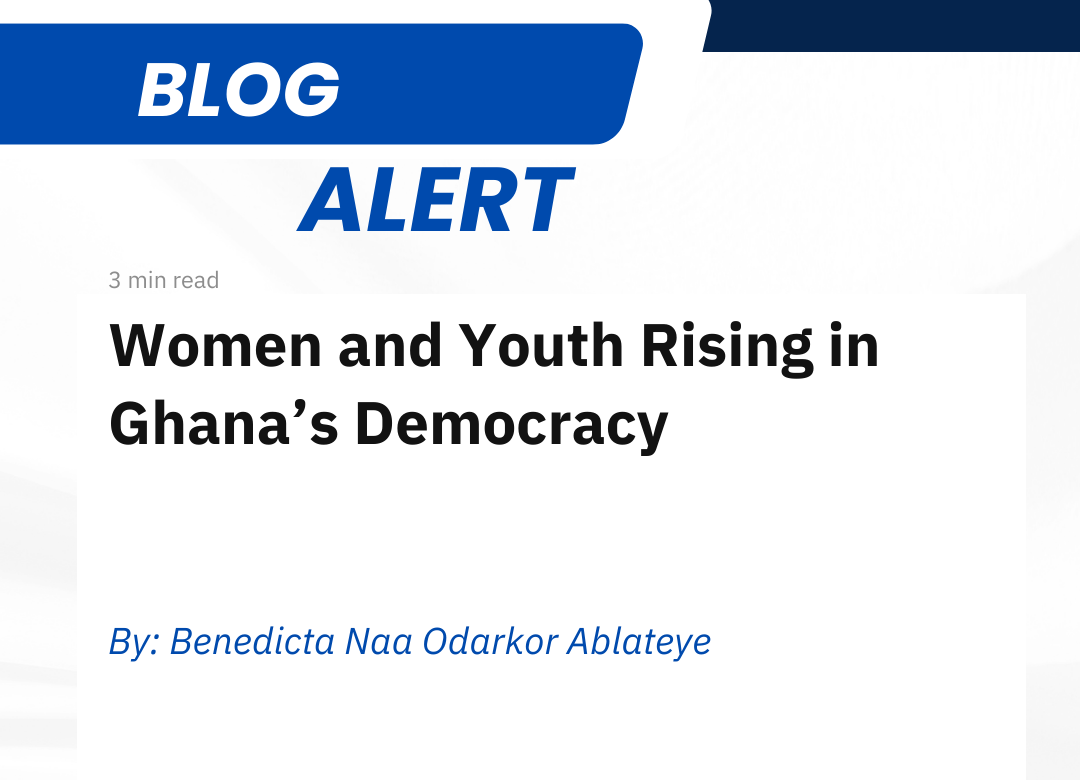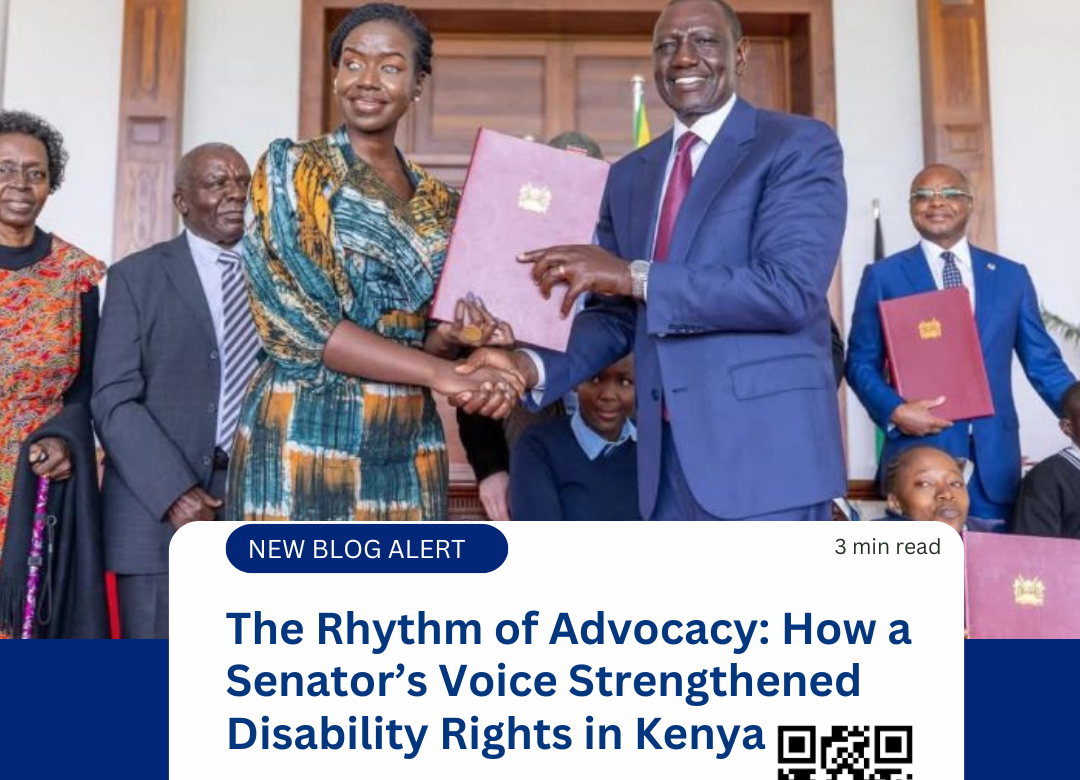By Benedicta Naa Odarkor Ablateye, Communications Officer, ACEPA
Ghana is widely regarded as one of Africa’s most stable democracies, renowned for its regular elections and peaceful transfers of power. At the heart of this democratic journey is Parliament—the people’s voice, which shapes laws and policies that drive national development.
Progress in Women’s and Youth Representation
Over the years, Ghana has made notable strides in promoting the participation of women and youth in governance. Initiatives such as youth-focused parliamentary caucuses and the passage of the Affirmative Action Gender Equity Act (2024) have opened doors for greater political engagement. The steady rise of young female parliamentarians reflects a growing, though still limited, acceptance of their leadership.
In the 2024 general elections, 41 women were elected to Ghana’s 9th Parliament – the highest number in the nation’s history – representing approximately 14.9% of parliamentary seats. While this marks a positive shift toward inclusion, it still falls short of global standards. Simultaneously, youth activism has gained momentum, with young leaders using diverse platforms to press for more meaningful participation in decision-making spaces.
Gaps and Opportunities for Improvement
Despite these gains, women and youth remain significantly underrepresented in leadership compared to their demographic weight. Women make up over 50% of Ghana’s population (GSS, 2021) yet hold less than 15% of parliamentary seats, while youth – nearly 40% of the population – face similar marginalization. Persistent barriers such as high campaign costs, limited political networks, cultural stereotypes, and weak enforcement of gender equity laws continue to constrain their participation (UNDP, Under-representation of Women in Leadership in Ghana, 2023).
To build on these gains and close the gaps, Ghana must:
- Strengthen political party commitments by fully implementing and enforcing the Affirmative Action Gender Equity Act.
- Reform campaign financing to make political participation more accessible and affordable for underrepresented groups.
- Invest in leadership development by expanding mentorship and training programs to prepare the next generation of women and youth leaders (ACEPA, 2025).
Why Gender Equality Strengthens Democracy
Gender equality is not only a matter of fairness but also a cornerstone of a strong and effective democracy. Excluding half the population from decision-making undermines both the legitimacy and the performance of governance. Global evidence shows that inclusive parliaments are more responsive to citizens’ needs, invest more in social services, and build greater public trust in government.
In Ghana, increased representation of women and youth in Parliament could sharpen the national focus on issues such as maternal healthcare, affordable education, technological innovation, and protection against gender-based violence. When women and young people are at the table, governance becomes more holistic, equitable, and future-oriented.
A Call to Collective Action
As a beloved patriotic song reminds us, “We are all involved in building our motherland.” Achieving gender equality is not the responsibility of women or young people alone – it is a collective task that requires political will, institutional reforms, and cultural change.
On this International Day of Democracy 2025, let us move beyond rhetoric to meaningful action. Ghana’s democratic future depends on creating a system where young women and men can participate fully, lead confidently, and shape policies that reflect their lived realities. Democracy should not be a privilege of the few or an expensive pursuit.
Step by step, action by action, we can build a democracy that leaves no one behind – making Ghana strong and great, not just for some, but for all.
References
- https://acepa-africa.org/ghanas-historic-first-will-parliament-seize-the-moment-for-womens-representation/
- https://www.ipu.org/parliament/GH
- https://essa-africa.org/node/2017
- https://www.undp.org/ghana/publications/under-representation-women-leadership-ghana-action-needed-achieve-sustainable-development-goals
Read our blog on “Social Media and Parliaments: A New Era of Engagement – Lessons for Ghana”


